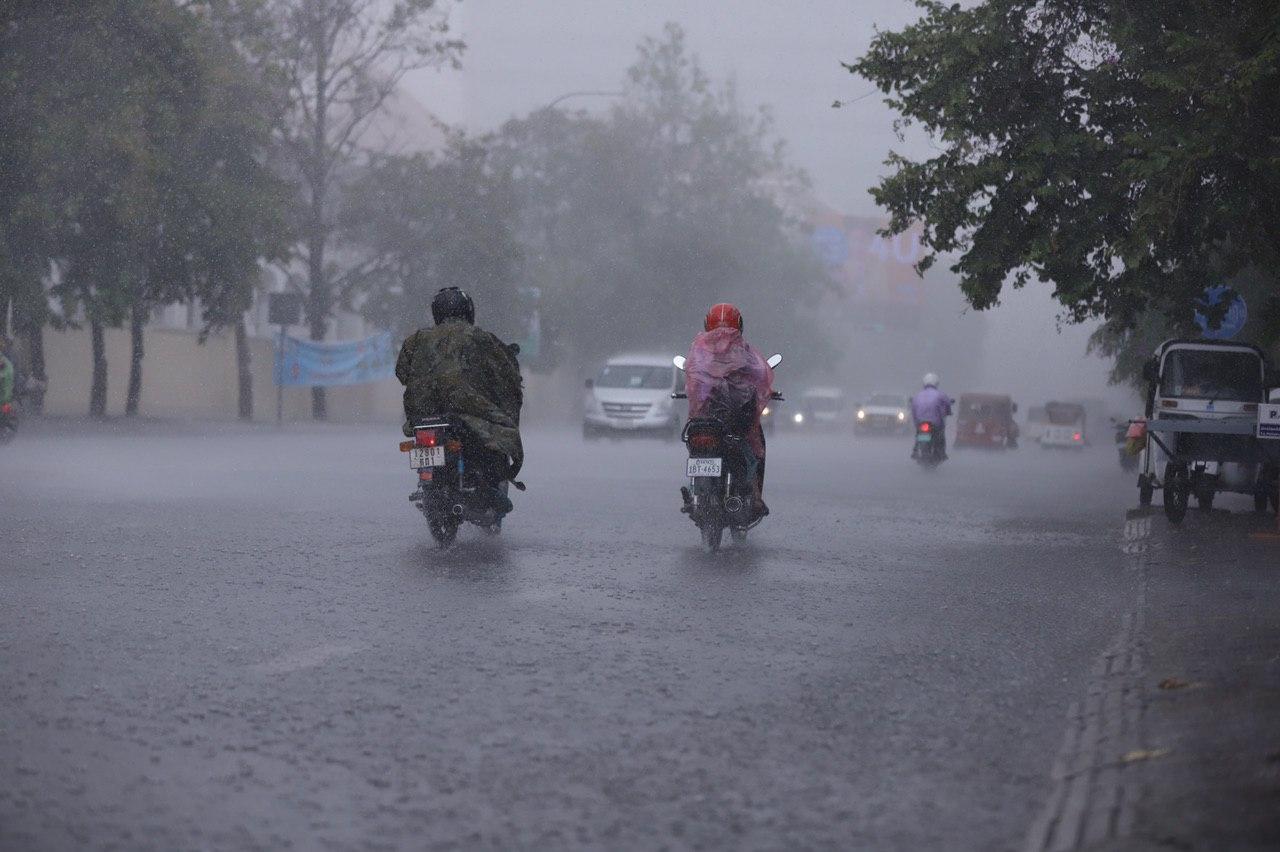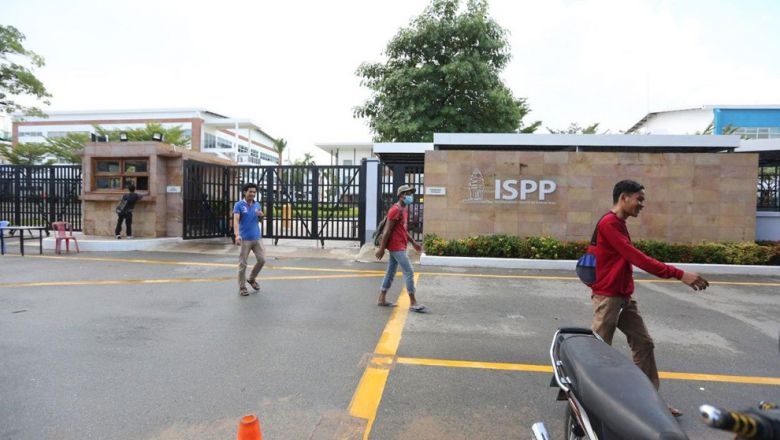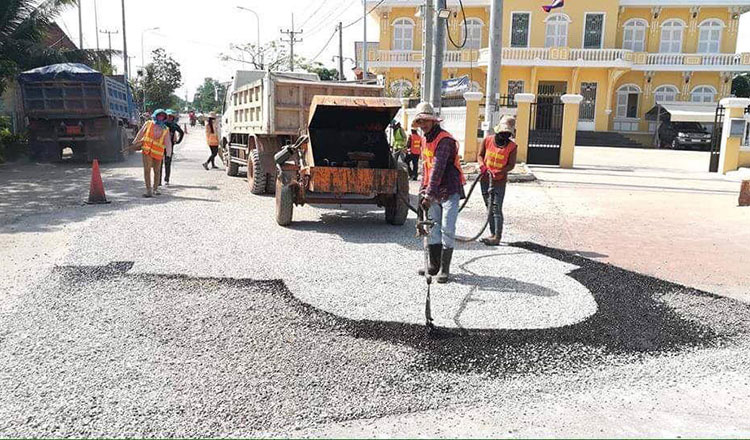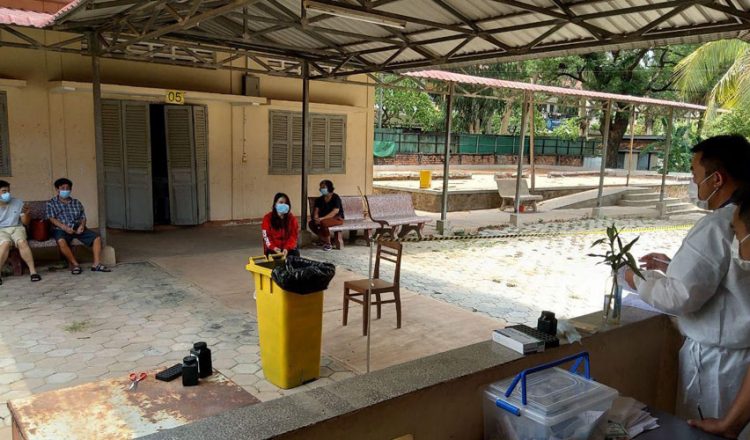Sipar pushes for improved literacy among garment workers
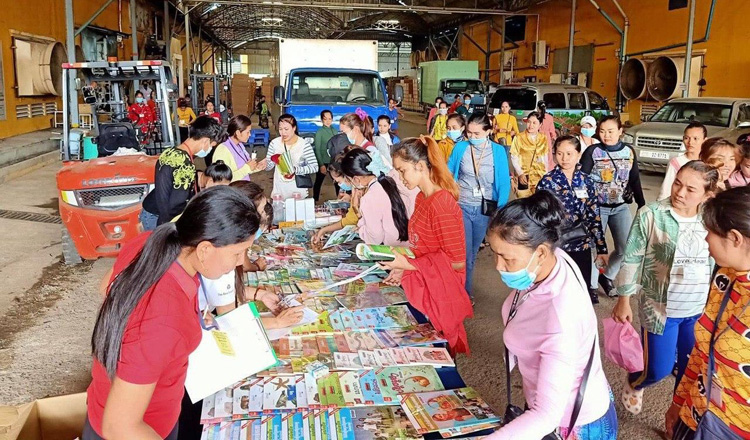 Garment workers from the capital's New Orient factory rifles through hundreds of books lent by Sipar Cambodia. Supplied
Garment workers from the capital's New Orient factory rifles through hundreds of books lent by Sipar Cambodia. Supplied
French non-profit organisation Sipar Cambodia yesterday launched its reading campaign, lending 10,000 books to an estimated 5,000 workers of 17 garment factories across the Kingdom in a bid to promote literacy across all walks of life.
The campaign is the result of collaboration among Sipar, Ministries of Education, Labour and Women’s Affairs, Garment Manufacturers Association in Cambodia and Cambodian Women for Peace and Development.
Co-financed by the French Development Agency, Pierre Bellon Foundation, Weave Our Future Foundation and Smart Axiata, the launch was scheduled ahead of the Khmer New Year holidays to promote reading as one of the leisure activities the workers can engage on while taking a break from work.
“The workers can spend their holiday just reading at home, which could, in turn, encourage their children to do the same,” said Sipar library programme coordinator Sin Sothea yesterday.
The factories targeted by the campaign, said Sothea, are located in Phnom Penh and the provinces of Kandal, Kampong Speu, Takeo, Siem Reap and Koh Kong.
In related news, Sipar
last Friday inaugurated a library within one of Takeo province’s garment factories, Copius (Cambodia) International. This is the 28th learning centre to be established by the NGO since
it started in 2015, with 31 more slated to be established by year’s end.
In May, the Ministry of Education, in collaboration with Unesco, expanded their provision of basic education for people with limited literacy, student drop-outs and factory workers by switching to online learning amid the COVID-19 pandemic.
The basic education and literacy programmes began broadcasting online from June 1 via the Ministry of Education’s official website and e-Learning platforms.
The Factory Literacy Programme is equal to a sixth-grade education while the Beep Programme is equivalent to early secondary education. After finishing the courses, students will receive certification proving their aptitude to study in higher institutions.
Credited: Khmer Times

